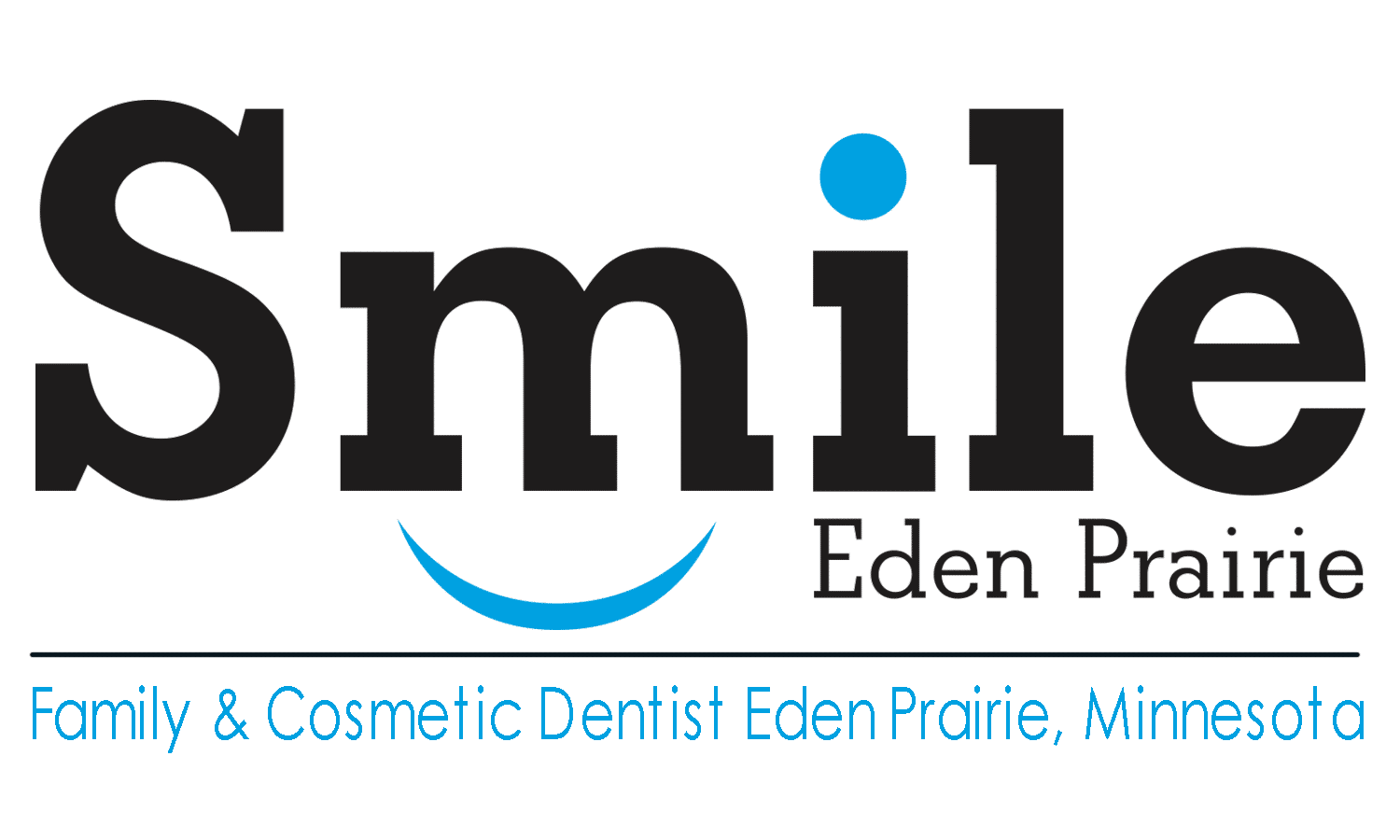Tooth Pain, and What You Can Do About It
What Do Toothaches Indicate?
A throbbing sensation or pain in the tooth is often a sign that a person has damage in the tooth. A cavity and/or tooth decay can give a person a toothache. Infection in a tooth and/or the surrounding gums can also be a cause of throbbing pain. But most often a toothache is caused by infection and/or inflammation in the tooth itself, also known as pulpits. Inside the tooth there is actually a pink soft pulp that helps keep the tooth alive and healthy. The pulp actually contains nerves, blood vessels, and tissue. And a since a crack in the tooth or a cavity can let germs and air into the tooth, this can infect and/or irritate the sensitive nerves of the pulp which then leads to tooth pain.
Other symptoms of toothache can include dull constant ache, pain while eating something sweet, pain when biting, tingly or sensitive teeth, tenderness or pain in the mouth, aching or pain in the jaw, gum or mouth swelling, redness, fever, and sometimes a bad taste in the mouth.
Toothaches are common in both children and adults. Contact a dentist immediately if you are experiencing any symptoms of toothache. A dental exam and X-ray will likely be needed to determine the cause of the tooth pain.
Possible causes of throbbing pain include the following:
- Tooth Decay: The most common cause of toothache, tooth decay or cavity happens when bacteria makes its way through the tooth enamel. Though bacteria is a normal part of good oral and body health, too much of the wrong kind (i.e. bacteria formed from too many sugars) can form plaque which sticks to the teeth. Some forms of bacteria even produce acids which can cause holes or cavities. Treatment for tooth decay to stop any throbbing pain usually involves teeth cleaning, a filling, and or antibiotics if there is any infection.
- Abscess of the Tooth: If part of the pulp in a tooth dies it can lead to an abscessed tooth. The decayed tissue forms a kind of pocket of bacteria and pus known as an abscess. Tooth infection, damage to the tooth, or inflammation of a tooth can also cause an abscessed tooth. Treatment for tooth abscess can include the following (sometimes a combination) : antibiotics, draining and/or cleaning of the abscess, gum cleaning and/or treatment if the abscess is related to gum infection, root canal, and or implant to replace the abscessed tooth.
- Fractured Tooth: Tooth fracture is simply a split or crack in the tooth. It can happen simply by biting on something such as hard ice. It can happen from a fall or an injury to face or jaw by something hard. Throbbing pain can be caused by a tooth fracture as the fracture allows for irritants to get into the tooth which can lead to infection or irritation of the pulp and surrounding nerves which triggers pain. Treatment for a fractured tooth might include use of a veneer, dental glue, and/or a filling. Sometimes crowns, caps, and/or root canals are recommended.
- Damaged Filling: Fillings can be damaged from normal chewing and biting, biting something that is excessively hard, or by clenching or grinding your teeth. A filling may crumble, crack, chip, pop out, or wear away. Treatment for a damaged filling is often repair or replacement of the damaged filling. Sometimes a crown is needed on the tooth if the damage is too extensive to allow for a new filling.
- Infected Gums: Also known as gingivitis, gum infection can lead to gum disease, or periodontitis, and gum disease is a leading cause for losing teeth in adults. Gum infections can be caused by various things such as poor diet, smoking, certain medications, hormonal changes, diabetes and other certain health conditions, cancer and cancer treatments, improper mouth and teeth cleaning, and genetics. Sometimes bacteria can build up around the roots of the teeth from infected gums and this can cause gum tissue infection which can then lead to toothache. Treatment for gum infection usually includes use of antibiotics. Regular cleanings, and sometimes “deep cleanings” are also highly recommended to remove plaque. Medicated mouth rinse can also help to sooth gums and ease tooth pain. Gum disease may require a combination of several treatments.
- Clenching or Grinding: Also known as bruxism, grinding of the teeth usually happens while sleeping. Clenching the teeth (biting down hard) and grinding often occur due to stress, over-developed jaw muscles, and/or genetics. Clenching and grinding can cause jaw, gum, and tooth pain. And can eventually even wear away a tooth or teeth, and leads to elevated risk of tooth pain, cavities, and fractured teeth. Treatment for clenching and grinding of the teeth will help with tooth pain if that is the cause. Mouth guards worn during sleeping can help both children and adults stop grinding. Stress relief techniques are also known to help.
